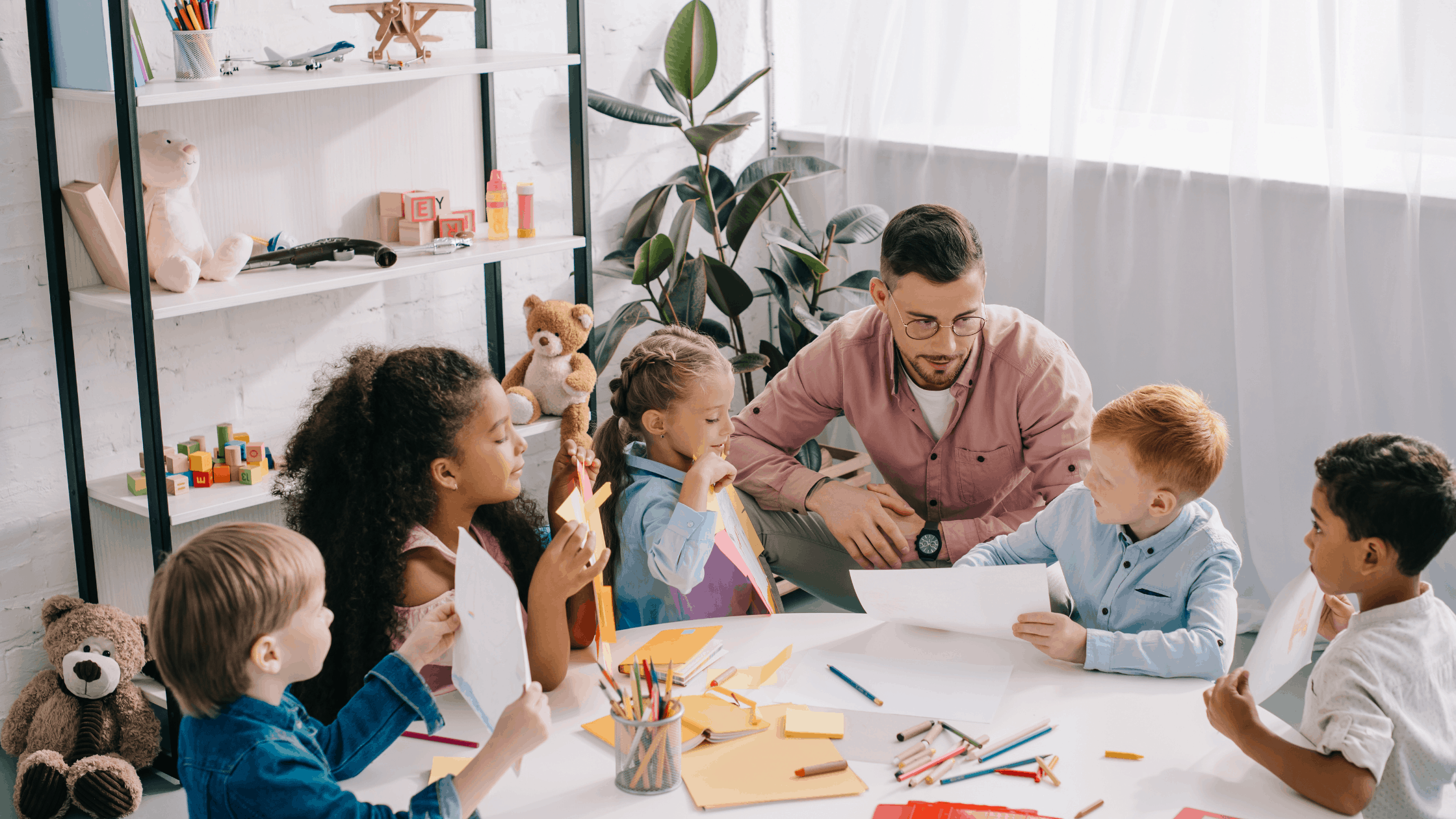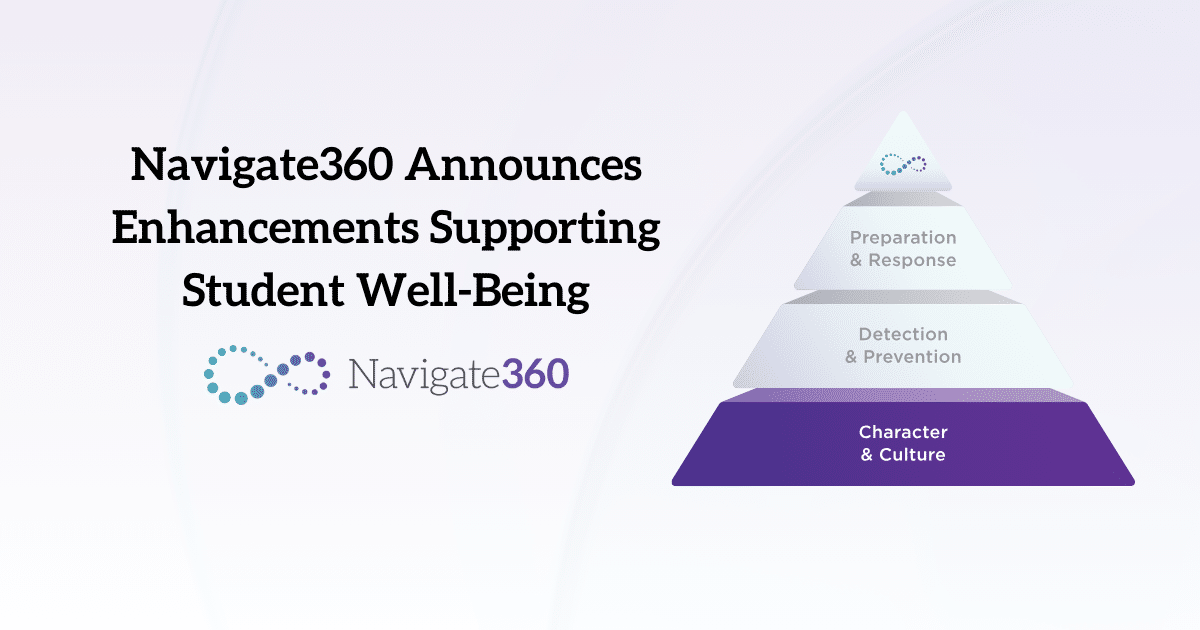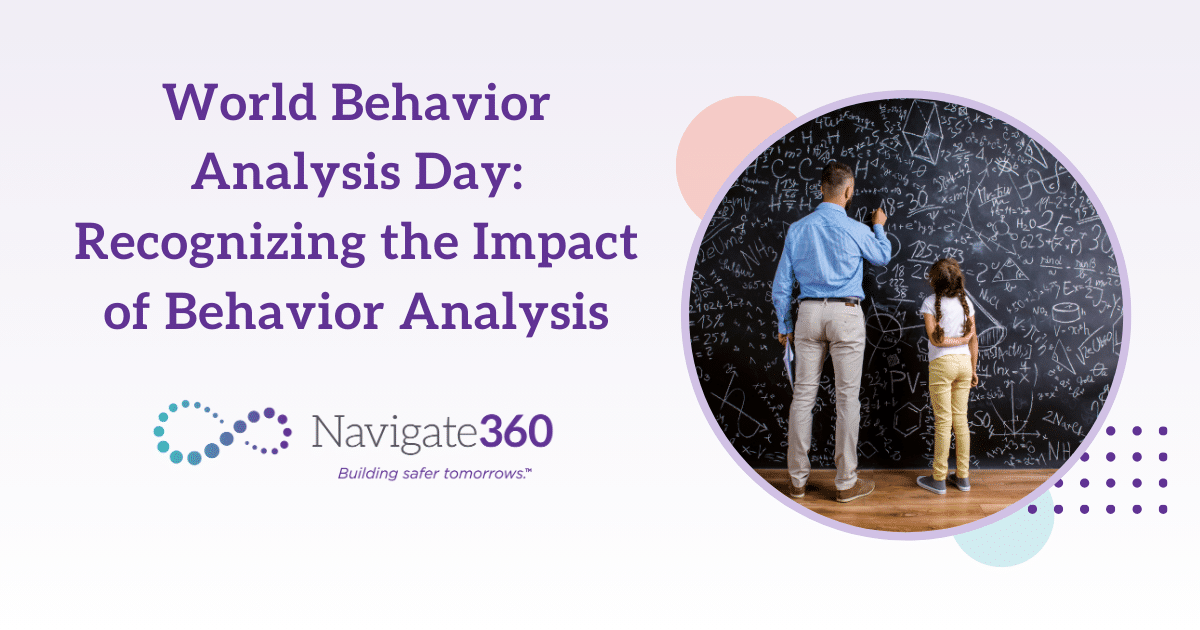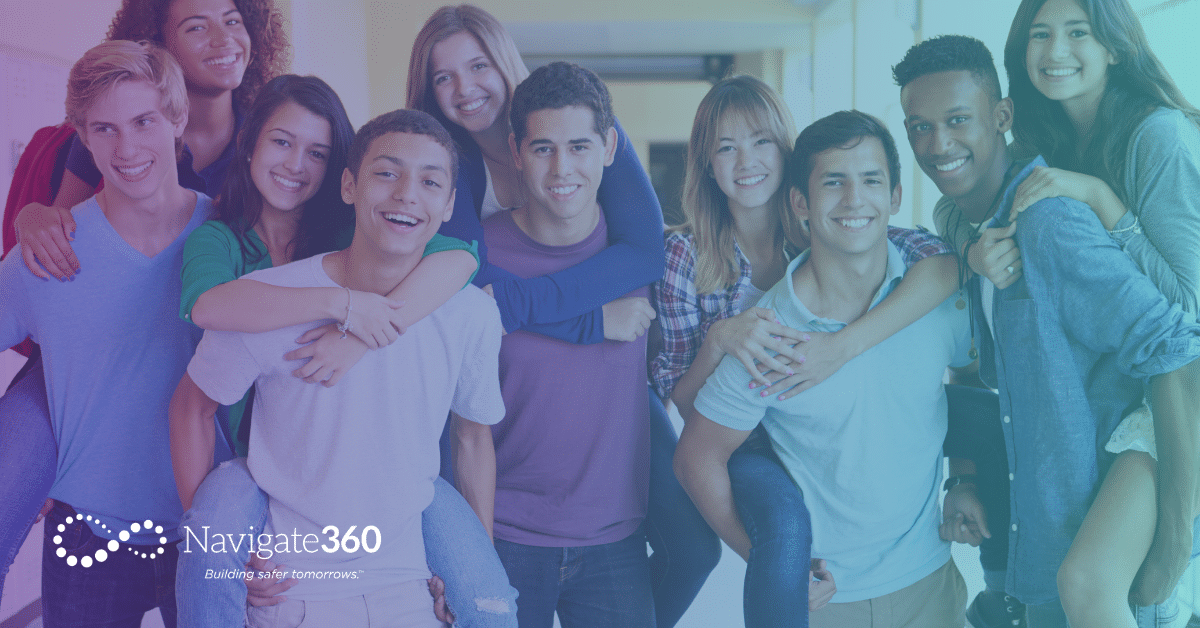It’s time to teach our children more about the importance of open-mindedness, equality and inclusion. Here’s how we at Navigate360 are striving to help.
One of my closest friends, Jonnel, is a Black woman. I’m not. Our children have grown up together, as close as many siblings. They laugh, they play, they bicker. Most importantly, they accept each other for who they are. Over time, our families became comfortable enough with each other to have hard conversations about race and about how it affects our children. We’ve also talked about the challenges that our society still faces and how it affects us in very different ways.
One year ago, Jonnel and I spoke about what we were seeing and hearing in the news. We hoped that COVID wouldn’t come to the U.S. We watched what was happening in other countries, but like many moms, we remained focused on our families and their health. We had no idea what the coming year would bring. We didn’t know there would be a pandemic that would take more lives than World War II, nor did we anticipate that conversations about civil rights would be resurrected or a contentious presidential election would permeate everyone’s life and fill us with anxiety.
We’re glad to see 2020 go, and we’re hoping that the new year marks a turning point. We’ve witnessed renewed hope with a vaccine on the way and the potential of schools reopening. But we realize that others are still frightened, anxious and angry.
A Call for Unity
A variety of divisions have torn our country apart for hundreds of years. At times, we’ve fought violently against one another. At other times, we’ve worked together to achieve what no other country could. As we start a new year, it’s time to start working together, and teaching our kids how to talk about our differences is a great place to start the conversation.
Unity can only happen when we are able to talk honestly with each other, listening (not just hearing) what others have to say, and being willing to work together to solve problems in new and innovative ways. This happens when we can talk like friends. We all have differences. It’s part of us all. Everyone brings their own culture, experiences, personalities, and yes, biases, to every interaction we have. When we can talk about those things, we can begin to unify.
These differences and the need to talk about them in an appropriate way is why Navigate360’s social-emotional learning curriculum, Suite360 Student, works with schools and families to intentionally address issues of equity and respect. This curriculum includes conversations about the following:
- Self-awareness: Students learn about their own language, culture, values and beliefs
- Self-management: Students learn how those qualities affect their thoughts, feelings and actions and how they can (and should) respond in different situations
- Social awareness: Students learn how others may see the world differently than they do and learn to view those perspectives as positive differences and not deficits
- Relationship skills: Students learn to befriend and work with diverse individuals and see the value of those relationships
- Responsible decision making: Students learn to act in ways that support and encourage others, responding appropriately to situations and recognizing the impact they have on others
In short, Suite360 Student strives to help students and their caregivers create more meaningful – and respectful – conversations around those challenging topics that may otherwise serve as greater reasons for societal divide.
A Call for Conversation
No matter what, we all have bias. It’s biological and part of human nature. We’re naturally drawn to people, activities and environments that make us feel welcome, supported and included. Consider how your own culture and background may influence the way you respond to the news. That is your bias.
It is because of the inherent bias we all possess that we must learn to reflect and talk openly and honestly with each other. Share real experiences, discuss how we may behave or respond differently, and respect those differences. Reflect on your beliefs and how your culture and experiences affect the way you see the world. Consider how others might see things differently. Be willing to accept that someone else’s experiences are just as real and meaningful to them as yours are to you. Most importantly, learn from one another.
Each Suite360 Student lesson includes a Teacher Companion Guide specifically designed to encourage these conversations among students. Such conversations provide a safe way to talk about tough subjects.
A Reboot is Required
We must get to the point where we can talk about differences openly and honestly without one person automatically thinking negatively about the other because of bias. I’m proud to say that Navigate360 is an active participant in the necessary reboot we all need as we continue to work toward greater unity, respect and civility.
The Suite360 curriculum helps students, staff and parents understand their own biases in ways that help them absorb and retain information. We realize the importance of outside influences, and as a result we have gone beyond educating students to include caregivers and guardians in our efforts. We understand that there are reasons for some to be fearful, and we account for that in our curriculum as well.
Our lessons remind learners – students, staff and guardians — to include others in the conversation, treat everyone with kindness and respect, and talk about our differences and how they make us unique. We help students act as upstanders when they see someone being treated poorly. We help caregivers and guardians talk about events they see on the news. We work to make sure our curriculum reminds everyone to continue learning as they develop new friendships and strive to see things in a new light.
We at Navigate360 want to engage in this conversation with you, both on social media and within our suite of products. Contact us today if you’d like to learn more about our school-based programs designed to help promote social, emotional, behavioral and mental health, including an emphasis on equity, self-awareness and how students and educators can have a positive impact on everyone they meet in the world. It’s everyone’s responsibility to prepare tomorrow’s leaders for a world filled with open-mindedness and understanding, as opposed to one replete with judgment, bias and fear.
Additional Resources
Discover more about the challenges our youth face, how our SEL solutions can help, or explore the full suite of safety tech, training and services for schools:




